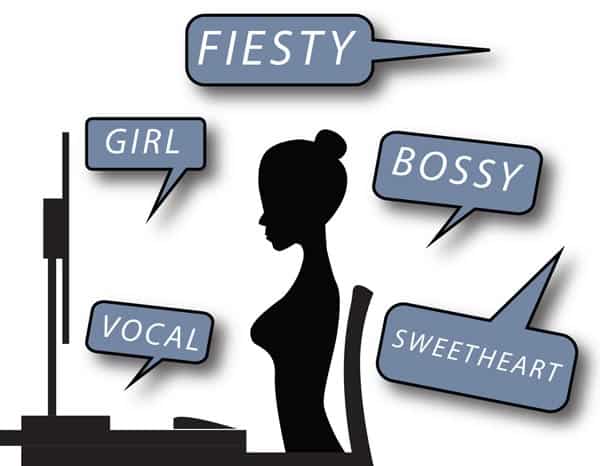
Throughout the world, the workforce is increasingly diverse as cultural norms shift and more women attend college and pursue professional occupations. In the United States, more women than men are attending universities and earning Bachelor’s and Master’s degrees. While many parts of the world continue to embrace customs that restrict the rights of women workers, workplaces continue to experience growing diversity that highlights changing communication needs.
Bias-Free Language
As one of the most progressive countries in terms of gender equality, the US (ranked 23 by World Economic Forum in 2013) widely accepts bias free-language in the workplace. This language does not discriminate against workers based on age, sex, ethnicity, faith, or physical handicap. However, because bias-free language does not exist in many other countries, when communicating internationally, we need to avoid communication gaffs that can create major problems and potential legal difficulties. When communicating with professionals in other countries, it’s best to consult with certified translators and others with firsthand knowledge pertaining to how sex and other possible discriminating factors are addressed in communication.

Making Business Communication Non-Sexist
Although sexist roles are rapidly changing in the United States, sexism in job titles, courtesy titles and pronouns is still common throughout some parts of the world. When you are unsure about a job title and you don’t have someone with firsthand knowledge to consult, consider using a neutral title that doesn’t imply a sexual, racial or other distinguishing factor. In many professions, non-sexist titles are already commonly used. For example, bookkeeper, logistician, professor, sales rep, and chief executive officer. While many older titles such as mailman, repairman and washer woman have been updated, job titles such as male midwife have not changed, regardless of the sex of the individual holding the job title.
Using Courtesy Titles
Courtesy titles refer to formal words that are used before someone’s name. They can include such words as Mrs., Ms., Dr., Prof., etc., that are used either as part of someone’s name or in place of someone’s name. Generally, messages written to people you have casual contact with don’t include courtesy titles. However, for formal and professional exchanges, you should use courtesy titles. Since informal rules can differ among cultures, if you are unfamiliar with the culture, consult with a professional translation company or someone knowledgeable about the culture. US
